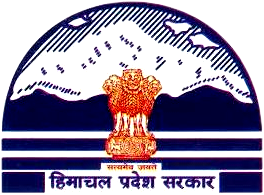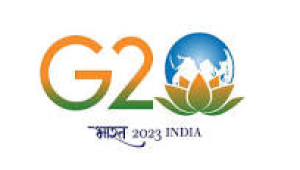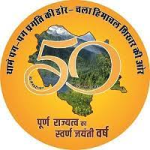COs of 6th Semester ECE
| EC-601 Advanced Microcontrollers for Embedded systems | |
|---|---|
| CO1 | Familiarize with 32-bit instruction sets, addressing modes, ARM architecture, and Tiva microcontrollers. |
| CO2 | Impart with the fundamentals of basic programming for microcontrollers. |
| CO3 | Analyse various embedded system applications using different tools from case studies. |
| CO4 | Identify various communication protocols and interfacing with external devices. |
| CO5 | Summarize the fundamentals of embedded networking and internet of things enabling them to design and program systems with a focus on real-world applications. |
| EC-602 Antenna & Wave Propagation | |
| CO1 | Understand the basic parameters and properties of antennas. |
| CO2 | Analyze the radiation patterns for various types of HF,VHF,UHF ,Microwave antennas and antenna arrays. |
| CO3 | Interpret the different smart antennas and its applications. |
| CO4 | Identify the atmospheric and terrestrial effects on radio wave propagation. |
| EC-603 Control Systems | |
| CO1 | |
| CO2 | |
| CO3 | |
| CO4 | |
| CO5 | |
| EC-604 Digital Signal Processing | |
| CO1 | Recall the basic concepts of signals, sysytems and convolution of signals. |
| CO2 | Use Z transform to process the discrete timer signals and systems. |
| CO3 | Demonstrate the use of FFT for faster realization of signals and systems. |
| CO4 | Design IIR and FIR filters using various techniques. |
| CO5 | Demonstrate the impacts of finite word length effects in filter design. |
| EC-605 Microelectronics Technology | |
| CO1 | To understand the various progress for substrate manufacturing and layer deposition. |
| CO2 | To study the oxidation and diffusion and ion implantations processes. |
| CO3 | To demonstrate the various steps used in lithography and plasma deposition. |
| CO4 | To explain the key features and topics related to VLSI technology. |
| EC-606 Wireless & Mobile Communication | |
| CO1 | Describe the elements of wireless communication systems and cellular communication basics. |
| CO2 | Illustrate the technical challenges and techniques to improve the coverage and capacity of cellular systems. |
| CO3 | Describe and derive various deterioration factors in case of mobile radio propagation. |
| CO4 | Explain Mobile Ad-Hoc networks and Vehicular Ad-Hoc networks and their applications. |
| CO5 | Understand the concept GSM, architecture of GSM, GSM traffic channel allocation and GSM call flow. |
| CO6 | Differentiate between different multiple access techniques and different types of wireless protocols in detail. |
| EC-609 Principles of Soft Computing | |
| CO1 | Summarize the fundamentals of artificial neural networks and supervised learning networks enabling them to work in real life applications of ANNs. |
| CO2 | Identify different neural network architectures, algorithms, applications and limitations. |
| CO3 | Compare the classical sets and fuzzy sets. |
| CO4 | Analyze and design different combinational and sequential circuits. |
| CO5 | Classify various classical and fuzzy relations, fuzzy arithmetic and measures. |
| EC-611 Advanced Microcontrollers for Embedded systems Lab | |
| CO1 | Practise and gain hands on experience of all the theoretical concepts of embedded systems. |
| CO2 | Familiarise with the software TIVA and its simulations. |
| CO3 | Work in teams and prepare formal reports. |
| CO4 | Demonstrate practical knowledge of the subject when required in industry. |
| EC-612 Digital Signal Processing Lab | |
| CO1 | Demonstrate the simulatation and represention of various discrete time signals using MATLAB tool. |
| CO2 | Demonstrate the simulation of convolution and correlation in respect of discrete-time sequences. |
| CO3 | Compute the DFT, IDFT and FFT of discrete-time sequences using MATLAB. |
| CO4 | Work in teams, prepare formal practical files and demonstrate the practical knowledge in terms of MATLAB tool. |





